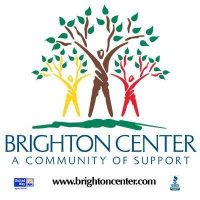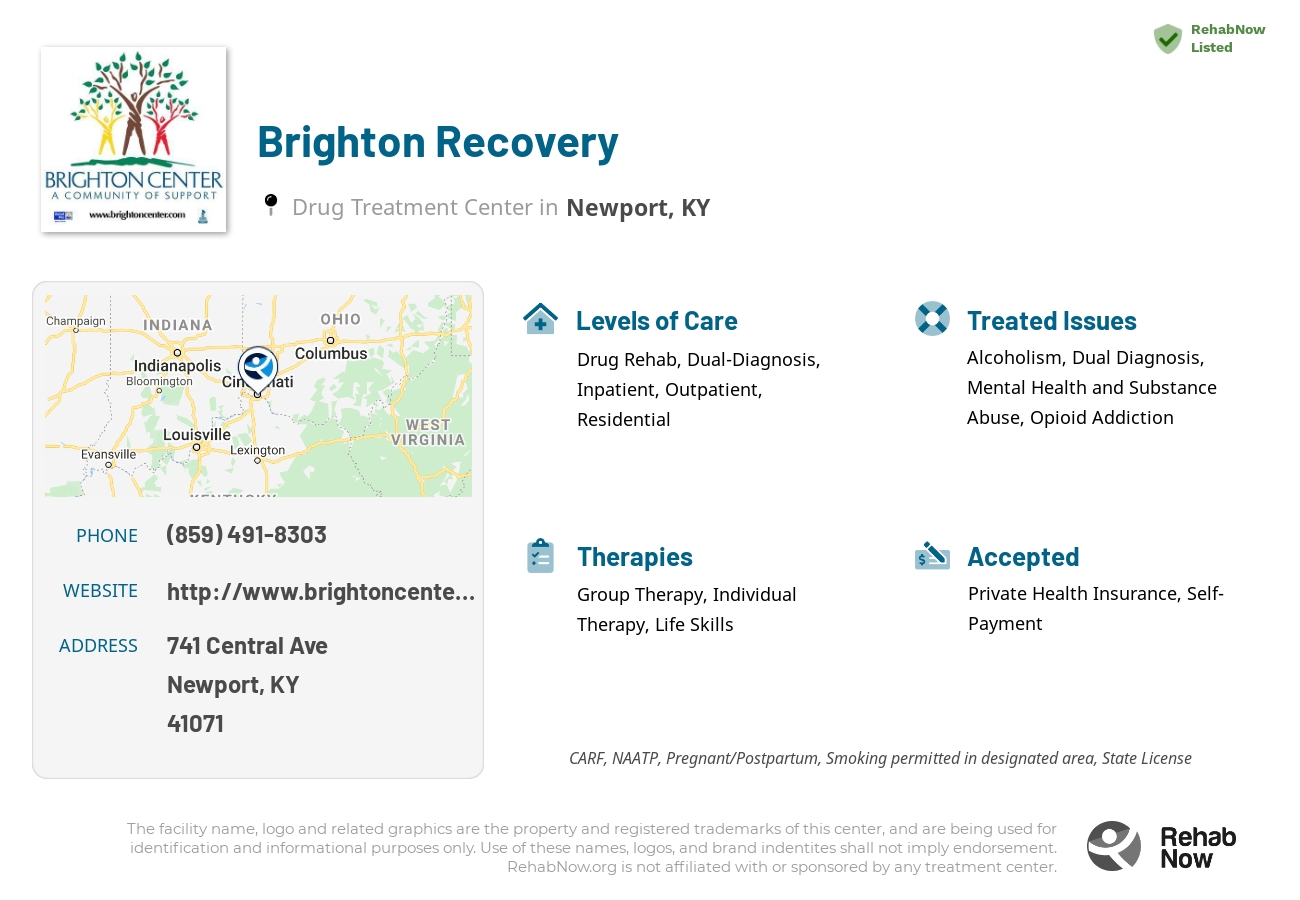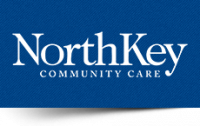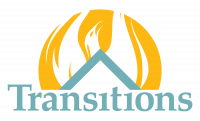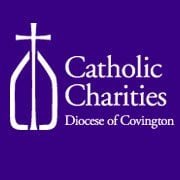Brighton Recovery
Drug Rehab Center in Newport, Kentucky
Brighton Recovery in Newport, KY offers state-of-the-art evidence-based treatments for alcohol abuse, opioid addiction, mental health disorders, substance abuse, and dual diagnosis through inpatient and residential levels of care featuring individual counseling sessions, group therapies, and medication-assisted treatment approaches that are covered by private health insurance.
About Brighton Recovery in Kentucky
Brighton Recovery is a treatment facility located in Newport, Kentucky, offering assistance to individuals seeking sobriety from alcoholism, dual diagnosis, opioid addiction, drug addiction, substance abuse, and mental health issues. With a focus on providing comprehensive care, Brighton Recovery offers a range of treatment levels including drug rehab, dual-diagnosis care, inpatient, outpatient, and residential programs. They also accept private health insurance as a form of payment, making their services accessible to a wider range of individuals seeking help.
At Brighton Recovery, individuals struggling with addiction and substance abuse can expect a variety of services and treatment methods tailored to their specific needs. The facility offers programs that address addiction from a holistic perspective, considering both the physical and psychological aspects of recovery. With a dedicated team of professionals, Brighton Recovery provides evidence-based therapies, counseling, and support groups to guide individuals on their journey to sobriety. From detoxification and initial assessment to ongoing aftercare and relapse prevention, their comprehensive approach aims to ensure long-term success in overcoming addiction.
Genders
Ages
Modality
Additional
Conditions and Issues Treated
Many people who struggle with opioid addiction need to attend specific programs like methadone , Suboxone or Vivitrol clinics.
These types of programs will provide the patient with legal, prescription medications that can help them overcome their cravings for illegal opioids like heroin or fentanyl . If the patient has a chronic condition like Hepatitis C, they must undergo treatment before they can begin taking these medications.
Dual Diagnosis is a specific relationship between two or more disorders that have the same symptoms and can sometimes be treated together. This is used in the treatment planning process when dealing with drug addicts. Dual diagnosis can be viewed as a chronic medical condition that has comorbid psychiatric disorders.
Although addiction and a mental illness may have separate symptoms that are not easy to detect, they often go hand in hand. Many times, drug abuse is a direct result of the mental illness. In other words, treating the addiction will not resolve all of your issues. Unless you also treat the underlying mental illness, you will not be successful in achieving sobriety.
Levels of Care Offered
This center offers a variety of custom treatment tailored to individual recovery. Currently available are Drug Rehab, Dual-Diagnosis, Inpatient, Outpatient, Residential, with additional therapies available as listed below.
Inpatient treatment is an intensive program that takes place when a patient checks into a rehabilitation facility. The treatment includes detoxification and counseling sessions, which are round the clock. Outpatient treatments are also available, but inpatient care is advised as the first step of rehabilitation.
Intensive rehab ensures the patient stays in a substance-free atmosphere, improving treatment success rates. The patient participates in group therapy for motivation from other patients who have overcome addiction. Family members are also involved in providing emotional support throughout the program.
An outpatient treatment program is set up to help with alcohol or drug addiction, or a co-occurring disorder. The patient must attend the Kentucky facility for their therapy and other programs but are able to return home each night. The frequency of mandatory attendance decreases after much of Brighton Recovery‘s program is complete.
Residential treatment programs are those that offer housing and meals in addition to substance abuse treatment. Rehab facilities that offer residential treatment allow patients to focus solely on recovery, in an environment totally separate from their lives. Some rehab centers specialize in short-term residential treatment (a few days to a week or two), while others solely provide treatment on a long-term basis (several weeks to months). Some offer both, and tailor treatment to the patient’s individual requirements.
Therapies & Programs
Individual Therapy is a critical component of addiction recovery. Therapists work with patients to identify the root of their addiction and figure out how to better handle the issues that led to them using drugs. Individual Therapy is the one-on-one session where people meet with their therapist. Individual therapy provides a safe space for people to open up and discuss personal and sensitive topics which they may not feel comfortable discussing in a group setting.
Group Therapy is utilized by drug treatment centers like Brighton Recovery to provide the recovering drug addict with a platform to talk about their feelings and experiences. It also provides for an opportunity to learn from other addicts who have successfully overcome their addiction.
Group Therapy is employed in lectures, seminars, or discussion groups (the latter two are typically conducted as “therapy groups”). It is recommended that all group members be recovering addicts for this type of therapy to work (though it does not exclude others with lived experience).
Training in improved life skills helps those recovering from addiction feel more capable of self-care. Brighton Recovery are daily skills that give the person the tools they need to survive.
The therapy covers practical activities like cooking, job hunting, social interaction, and money management, helping to fill in the knowledge gaps caused by addiction.
These life skills help the person self-manage their recovery and stay on track. It also reduces relapse risk as they gain confidence in their day-to-day abilities.
Nutrition therapy has been used to help drug addicts for decades. Many early reports on addiction treatment indicate that some patients recovered from the “satisfying power of food”. For years, this phenomenon has been utilized as a treatment modality in eating disorders for adults, adolescents, and children. Specific nutrients have been identified that influence neurotransmitters associated with reward pathways of the brain.
Studies have shown that carbohydrate loading with complex carbohydrates to elevate serotonin levels was effective in treating bulimia nervosa. This approach prompted researchers to explore the use of this type of nutritional intervention in other disorders.
Nicotine replacement therapy treats nicotine addiction using external sources of nicotine, such as patches or gum to substitute for nicotine. This allows people trying to quit smoking to get their desired dose of nicotine without actually having to smoke cigarettes. The idea behind NRT is that by providing smokers with nicotine in forms that are not cigarettes, they may be more likely to quit smoking.
NRT has been available for many years now, and there is a wealth of evidence that shows that it helps people trying to quit smoking. There are several different types of NRT devices on the market now. Patients interested in quitting smoking should talk to their doctors about the best kind of NRT for them.
Patient Experience
Experiential Therapy at Brighton Recovery
Experiential therapy is another form of treatment that helps addicts overcome their addiction. This type of service typically involves hands-on activities with the focus on physical experiences instead of emotions or beliefs.
Some examples include art therapy, equine therapy and music therapy. Each of these forms of experiential therapy can provide unique ways for addicts to channel their feelings and work through their demons. This type of therapy also allows addicts to develop meaningful emotional connections with others, which can prevent them from resorting to relapse as a coping mechanism.
Payment Options Accepted
For specific insurance or payment methods please contact us.
Is your insurance accepted?
Ask an expert, call (888) 674-0062
Additional Details
Specifics, location, and helpful extra information.
Newport, Kentucky 41071 Phone Number(859) 491-8303 Meta DetailsUpdated November 25, 2023
Staff Verified
Brighton Recovery Patient Reviews
There are no reviews yet. Be the first one to write one.
Newport, Kentucky Addiction Information
Kentucky ranks among the top ten states for opioid-related overdoses. Most of these are due to heroin, fentanyl, and prescription opioid use. A little over 11% of the Kentucky population abuses alcohol in a given year. More than 15% of Kentucky adults admit to participating in binge drinking every month.
The statistics for drug abuse and addiction in Newport, Kentucky are staggering. In 2016, there were 1,002 arrests for possession or trafficking of controlled substances. Of all drug-related arrests, 476 involved someone under the age of 18. 78% of those arrested for felony drug charges in Newport are African American. Drug treatment in Newport depends on the facility, but it typically involves a combination of detoxification, therapy, and support groups.
Treatment in Nearby Cities
- Morganfield, KY (209.3 mi.)
- Tompkinsville, KY (177.4 mi.)
- Hartford, KY (173.2 mi.)
- Crestwood, KY (74.6 mi.)
- Hopkinsville, KY (224.1 mi.)
Centers near Brighton Recovery
The facility name, logo and brand are the property and registered trademarks of Brighton Recovery, and are being used for identification and informational purposes only. Use of these names, logos and brands shall not imply endorsement. RehabNow.org is not affiliated with or sponsored by Brighton Recovery.
